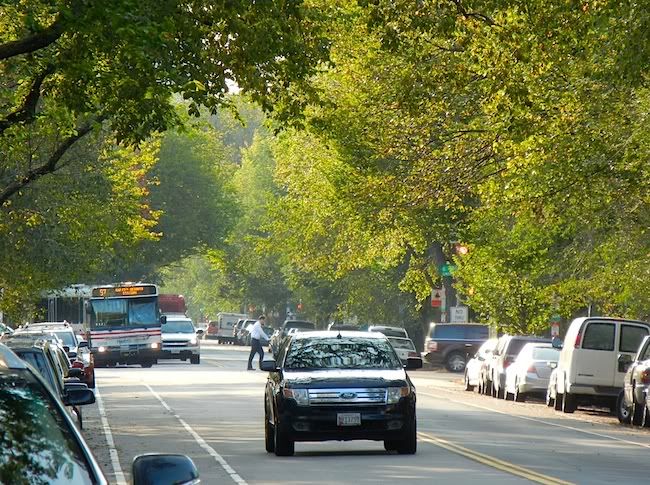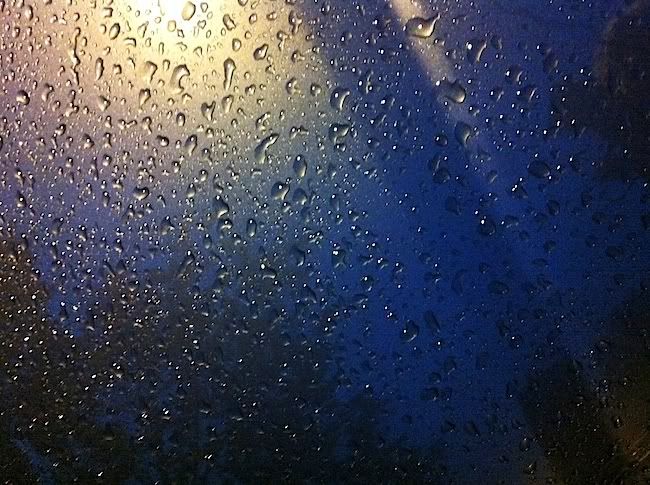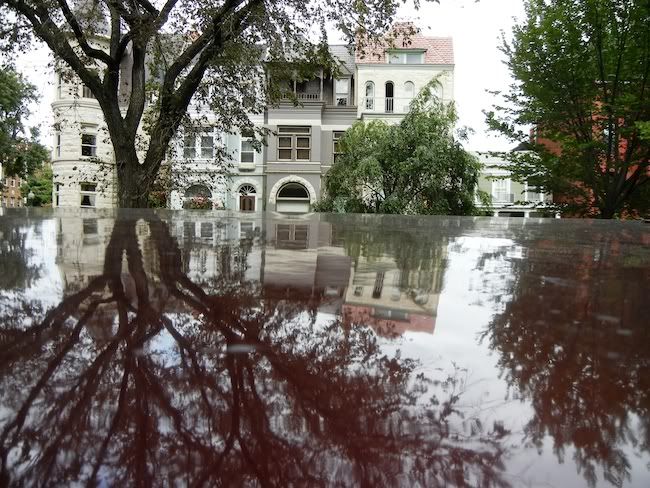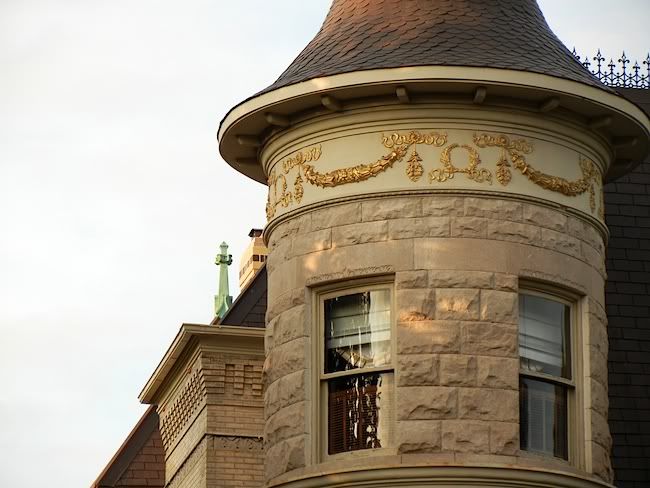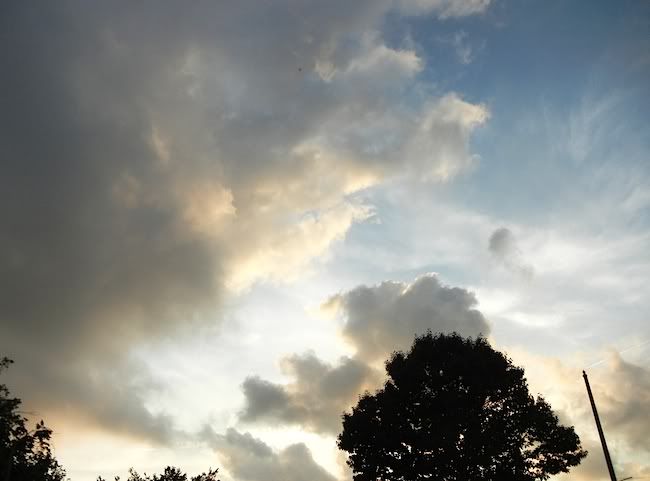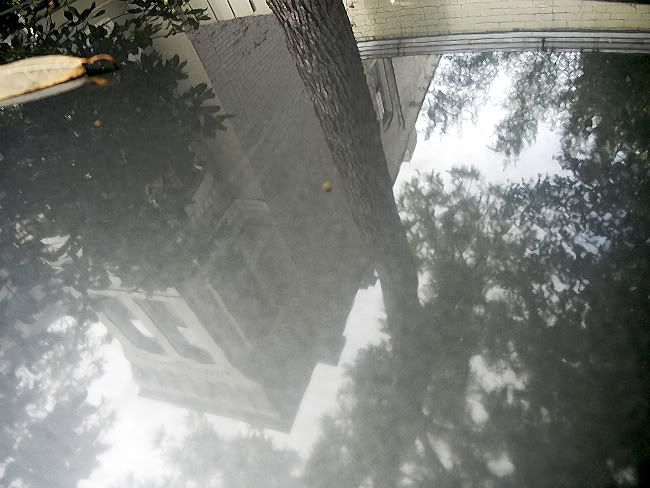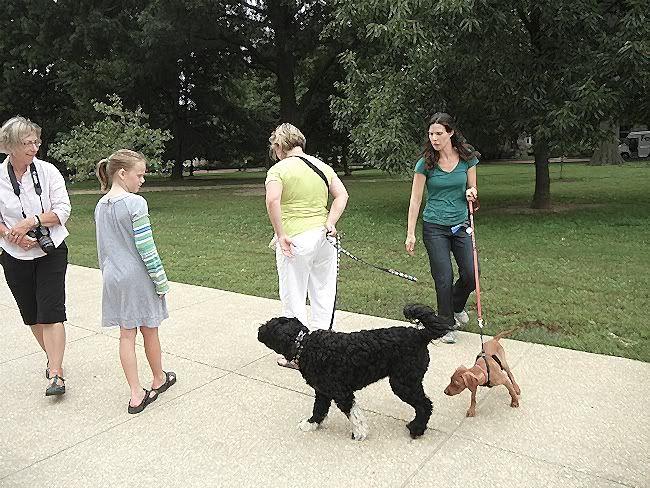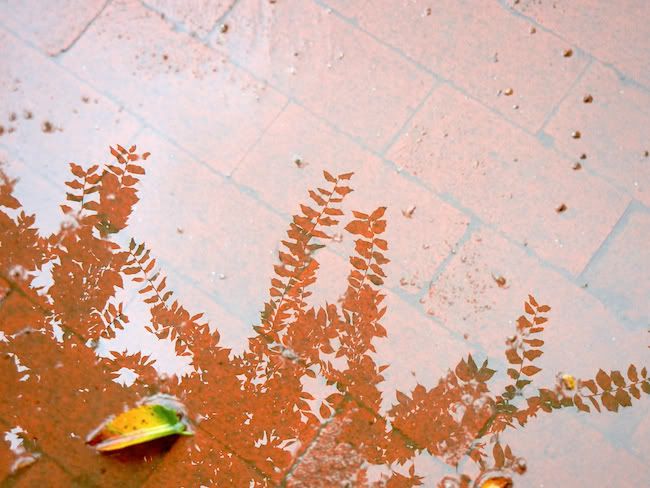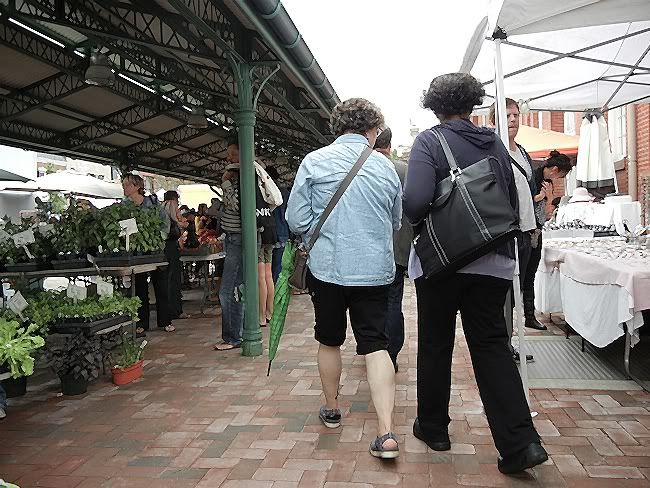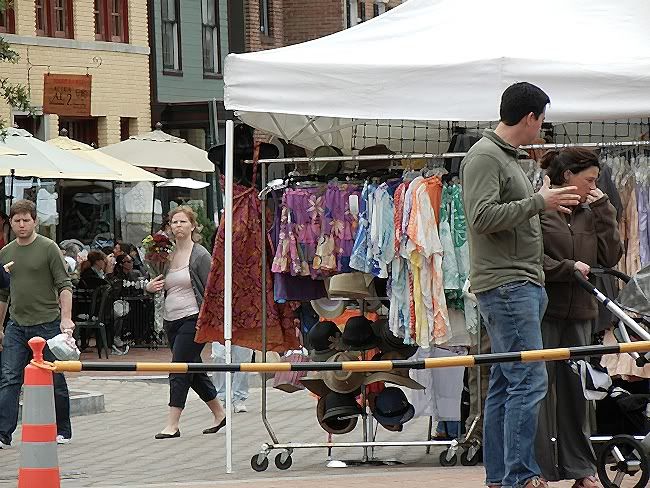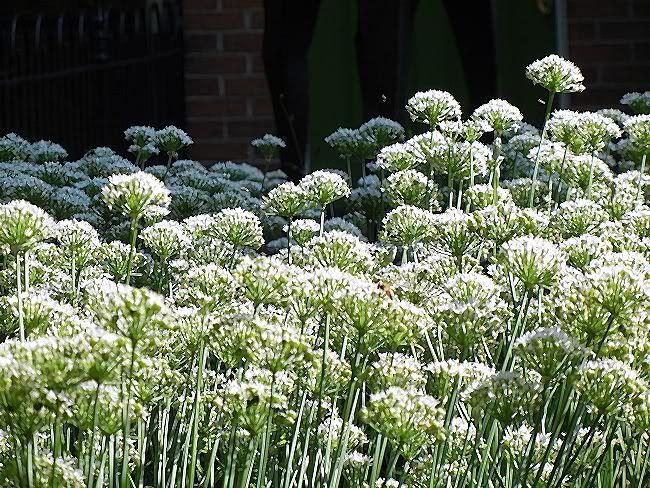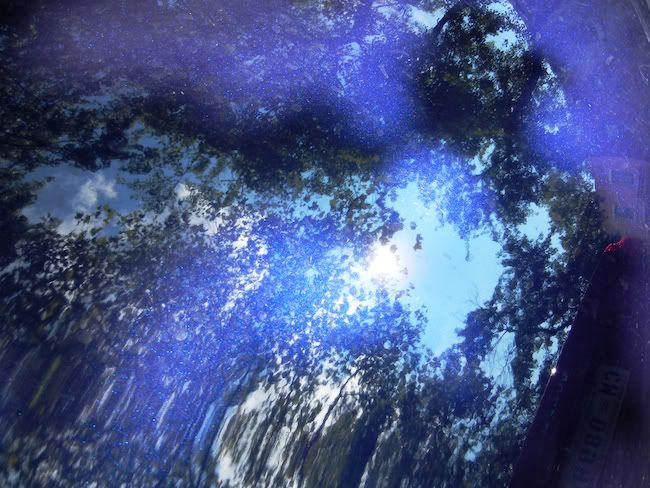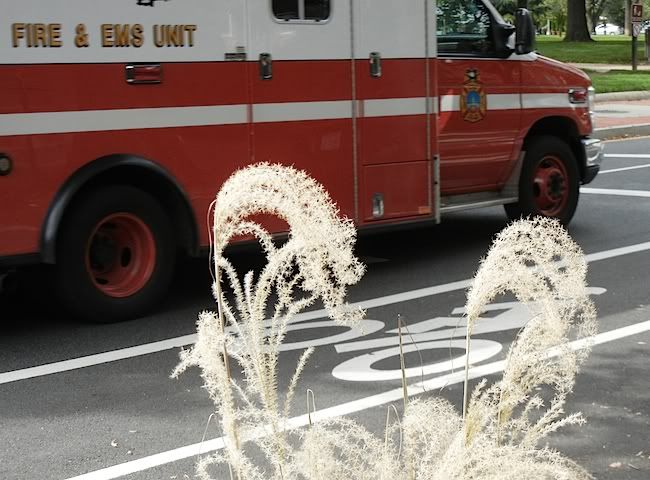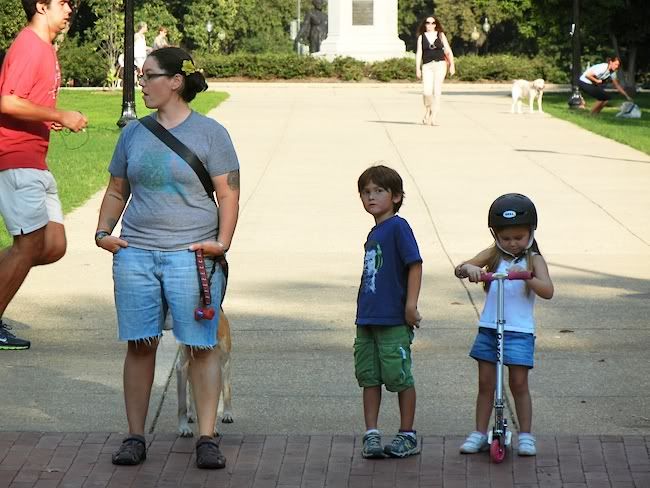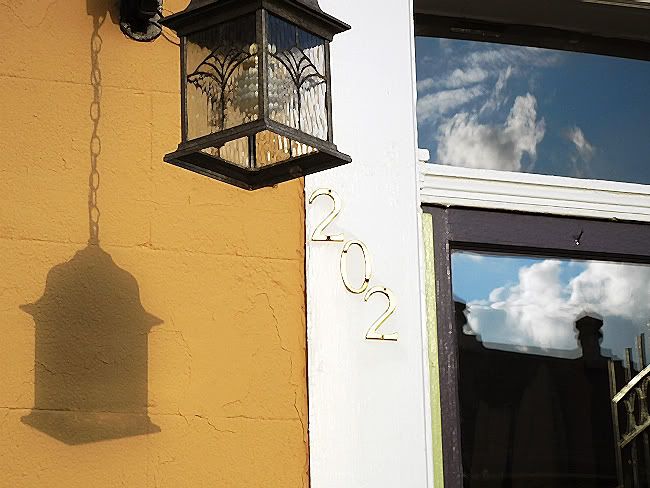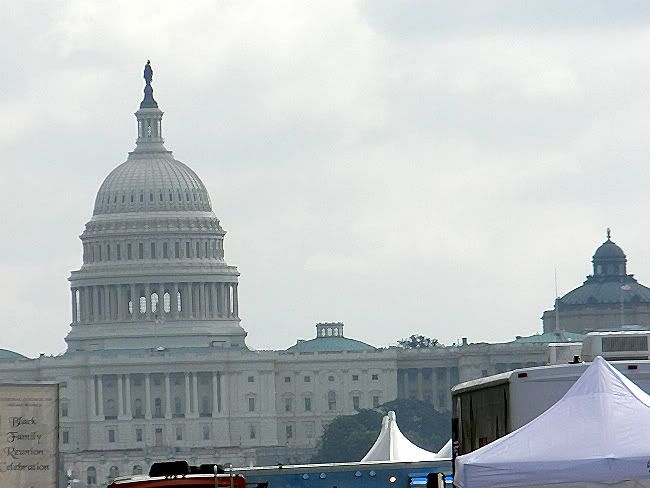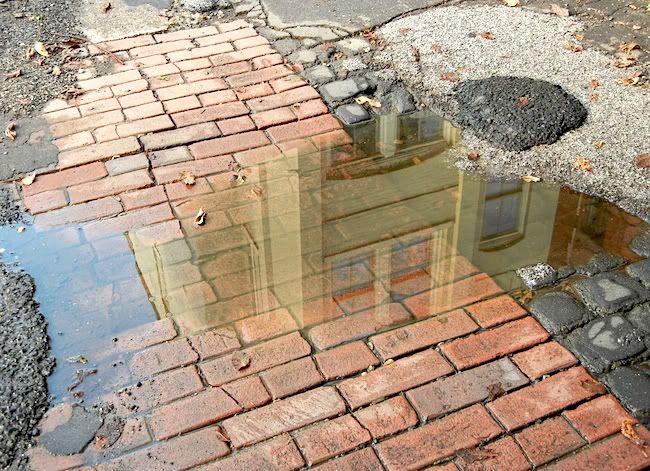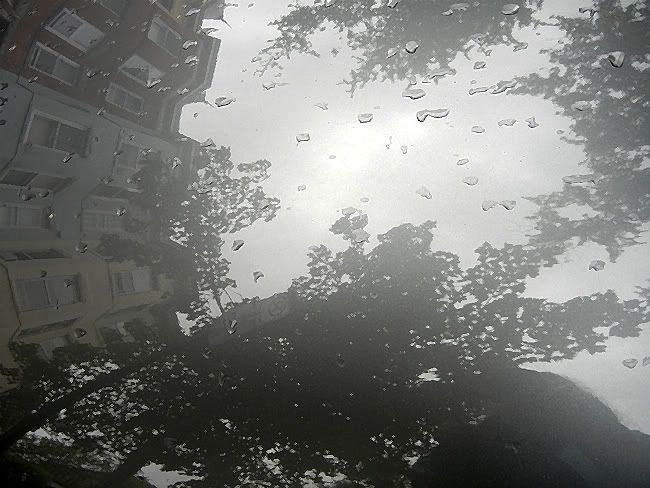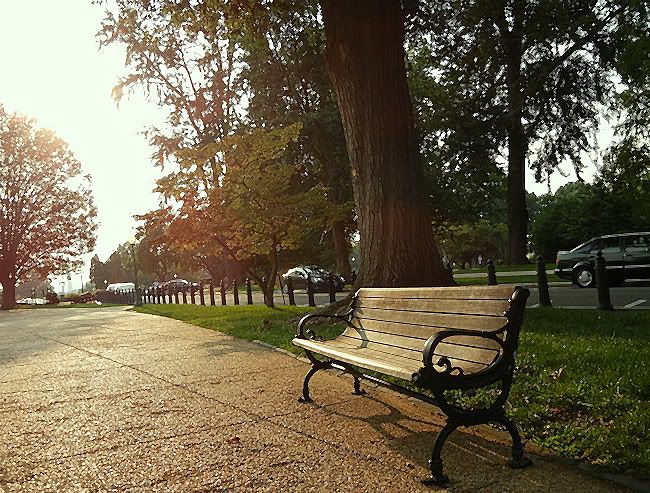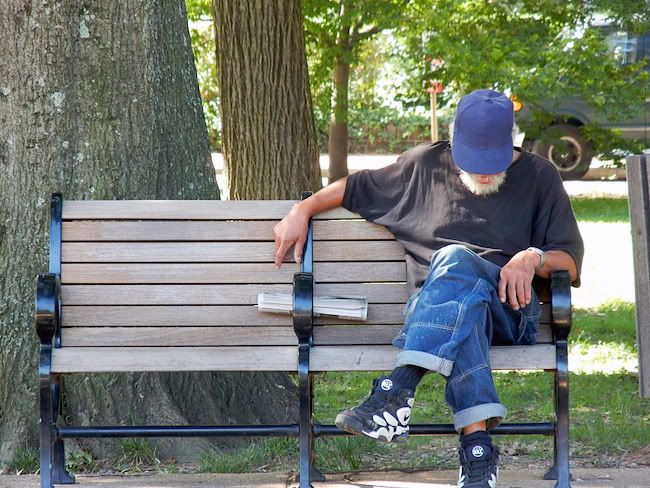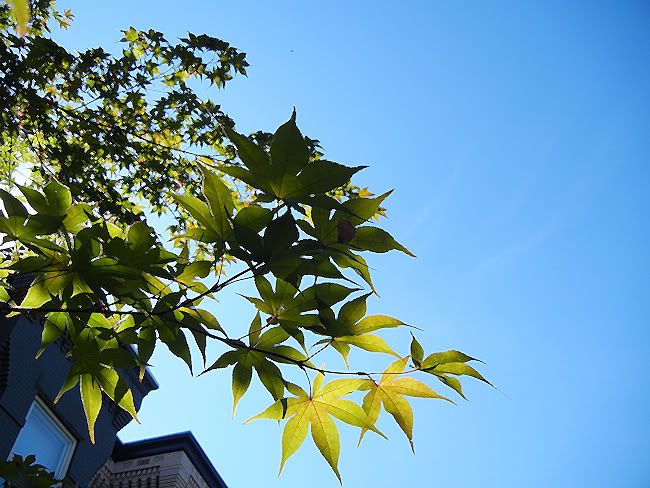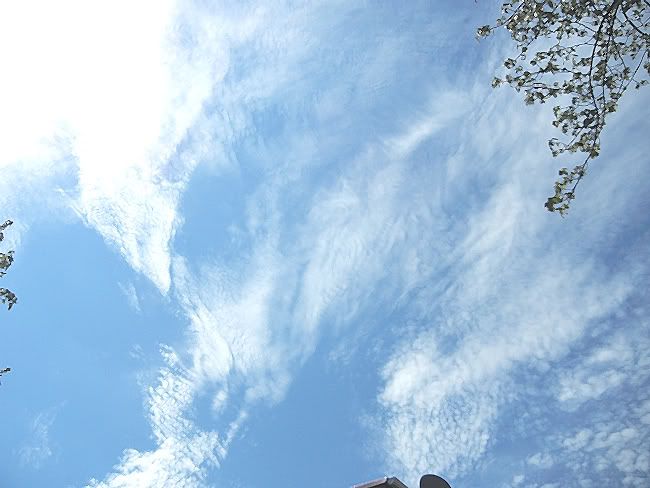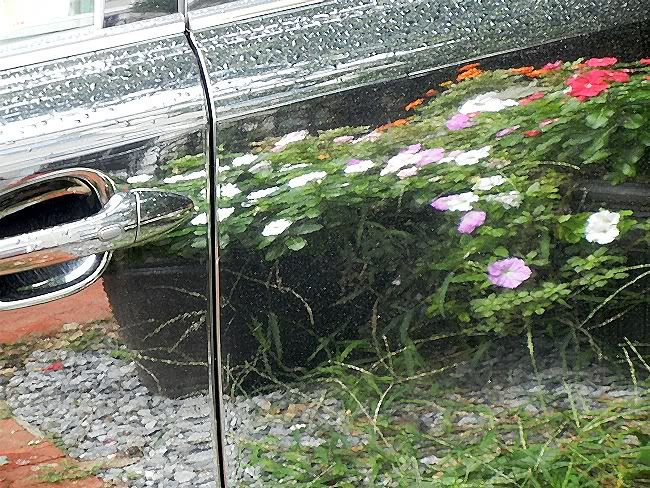
1. You have to meditate. Well, you do - for so many reasons! In-tuition means inner learning. To turn inwards and listen, you have to practice steadying your attention, otherwise you will never be able to hear the small voice of inner wisdom. I could write many posts on the benefits of meditation, but there's no need. There are a million books on meditation out there, for good reason!
Go to a class, watch a video, have someone teach you, practice every day. Meditation helps us sink below the radio broadcast of consciousness, the rational function that relentlessly explains what we are taking in through the senses. I love my storytelling consciousness, don't get me wrong, but there are other versions of the world, more subtle versions perhaps, that merit attention.
Meditation is more than important, it is absolutely necessary. And I know, it's hard, frustrating, etc. Just keep practicing. You must if you want to work with your intuition.
2. Ambition is the enemy of intuition. This is a tough rule to follow in my society at this moment in history. We are SUPPOSED to Set Goals at All Times, we are supposed to excel. Here in DC we're the worst uber over-achievers you've ever seen. Can you imagine how hard it is for us to put aside, for the moment, the tendency towards ambition? Holy cow.
But we must put ambition aside. Goal setting sets up conciousness to scan for information of a particular type. It's like when you get a new car, for instance. Suddenly you notice how many other people have the same make and model. You had never noticed before, because it wasn't included in conscious filters. If you set out to train your intuition in order to do a particular thing, all interpretations of what you receive will be colored by that goal, hence skewed.
3. Be skeptical. Please do not be a fanatic about your intuition or about anything for that matter. Do not swallow anything, not anything, hook, line and sinker. We were given the ability to discern; to disregard our critical ability is ... well ... disrespectful, also not useful. It is our cultural tendency to allow the critical function full rein, oh man the rational mind is such a tyrant in most of us. When your rational mind is being tyrannical (often happens during meditation) turn down the sound to a soft whisper. How? With humor, imagination, and practice. It really works. Or if you find yourself getting way out there in White Light land, come back, please, to a more centered space. Thank you!
4. Be curious. My teacher used to say, "Be empty, but not like the bowl put away in the cupboard, be empty like the bowl on the counter, the cereal box poised above it, ready to pour." Such wise words! Curiosity opens a space in the mind/heart into which something new can arrive. This is the best possible way to accurately receive insights and translate intuitive information.
5. Remember the Tao of Goldilocks. The inner world is so rich and fascinating. Sometimes when people begin an inward journey, it's so intriguing that they lose touch with the external world. Balance is what all good health is about. Don't go off the deep end, please. Keep it light. Actually, that should be a rule, too.
Clearly I have many rules around this, and a lot to say! I've got a happily busy day of work ahead, so I'll stop now. More tomorrow. Shalom.

